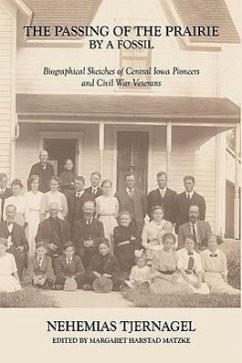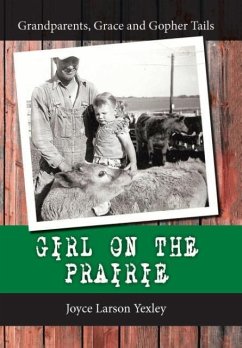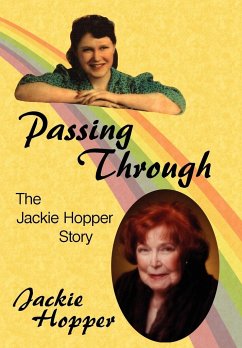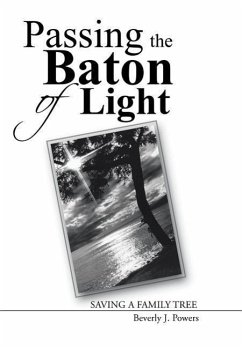
The Passing of the Prairie by a Fossil
Biographical Sketches of Central Iowa Pioneers and Civil War Veterans
Herausgeber: Margaret Harstad Matzke
Versandkostenfrei!
Nicht lieferbar
Three major themes-immigration, pioneering, and preservation of the Union-provide unity for the biographical sketches in this book. There is also sufficient diversity to sustain interest. One does not have to read far to realize that female perspectives provide authenticity at every significant turn of the story. That story involves the people who, during the middle years of the nineteenth century, transformed the virgin prairie of central Iowa into farms that now feed the world. The first wave of pioneers tended to be Yankees who settled near the rivers, many of whom moved on with the advanci...
Three major themes-immigration, pioneering, and preservation of the Union-provide unity for the biographical sketches in this book. There is also sufficient diversity to sustain interest. One does not have to read far to realize that female perspectives provide authenticity at every significant turn of the story. That story involves the people who, during the middle years of the nineteenth century, transformed the virgin prairie of central Iowa into farms that now feed the world. The first wave of pioneers tended to be Yankees who settled near the rivers, many of whom moved on with the advancing frontier. Then came the foreigners, most of them west coast Norwegians who started coming to Iowa in the mid 1850s via Illinois and stayed put. Many of the biographies are about these Norwegian families and how they learned to be Americans while building cabins, breaking sod, having children, and founding schools and churches. While the frontier process was still playing out, the institution of slavery and the election of Abraham Lincoln disrupted the American democracy. Central Iowans of all backgrounds rallied to the president's call to arms. Some of the biographies are about people who came to the United States from Norway, carved farms out of the prairie, and made sacrifices at the front and at home to preserve the Union. Some of the best sections are about the interactions of people of diverse backgrounds while going through similar experiences. The goal here is to present Nehemias Tjernagel's biographies accurately and in a format that people of the twenty-first century will find readable and informative.











